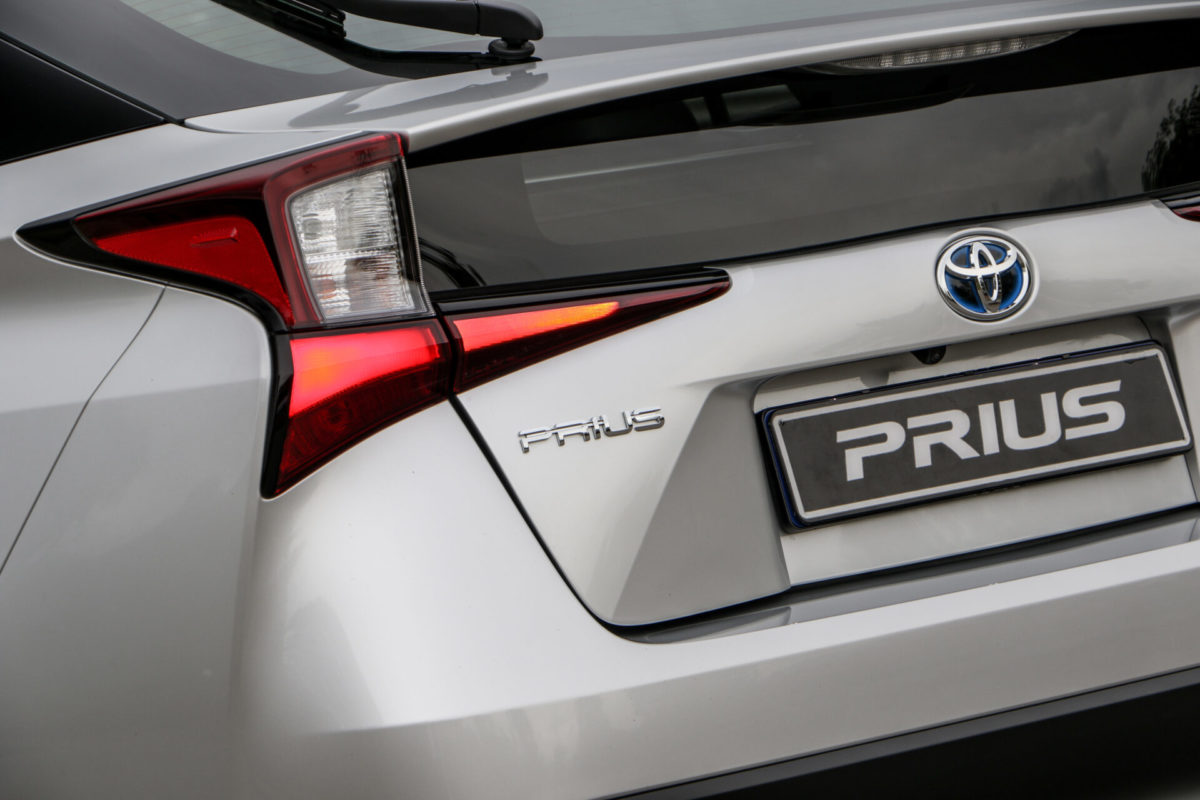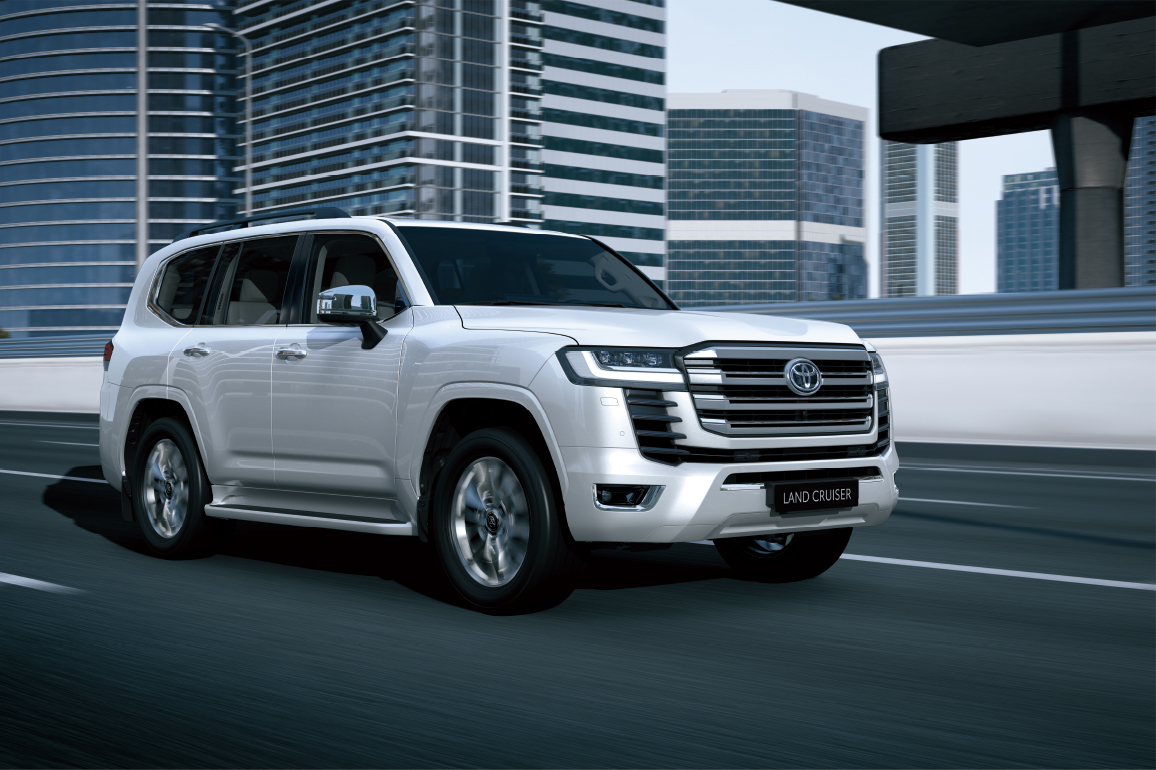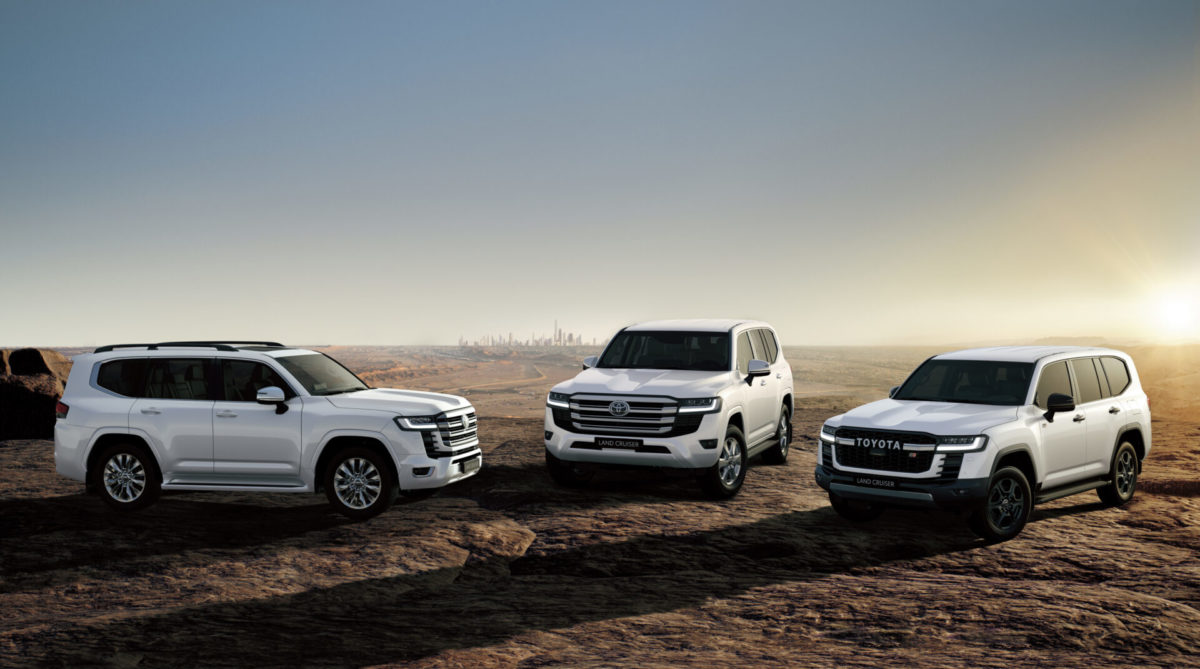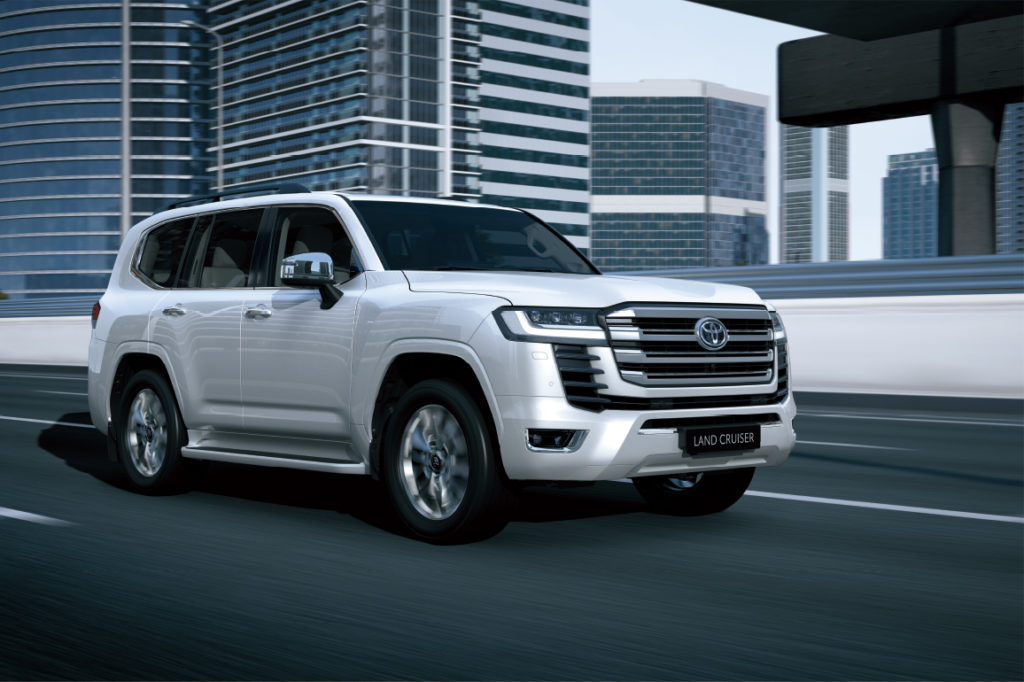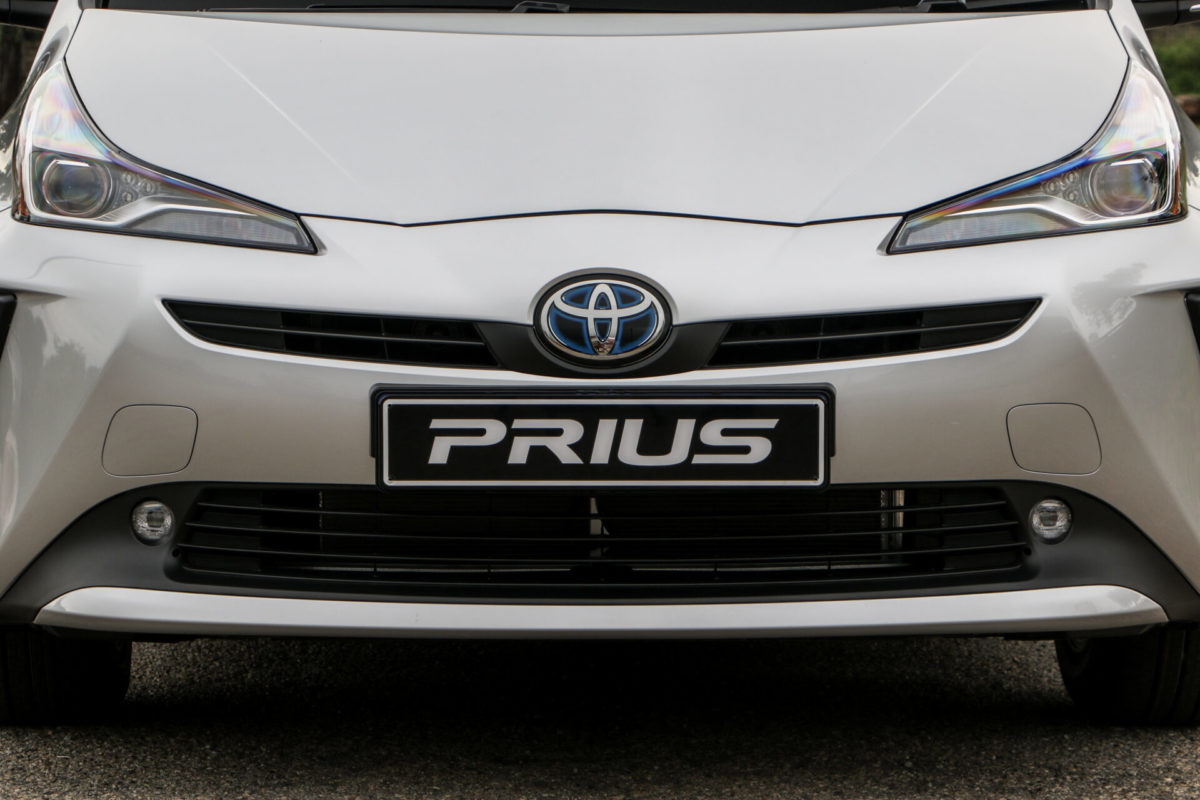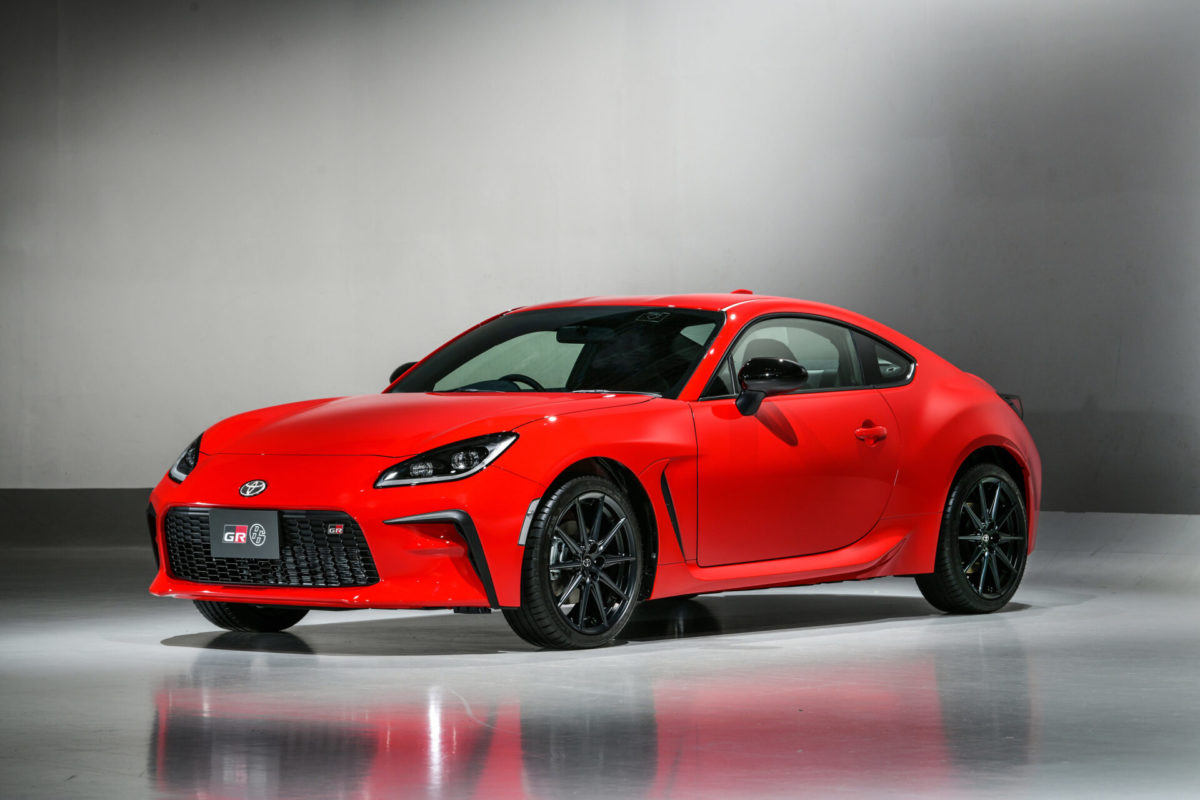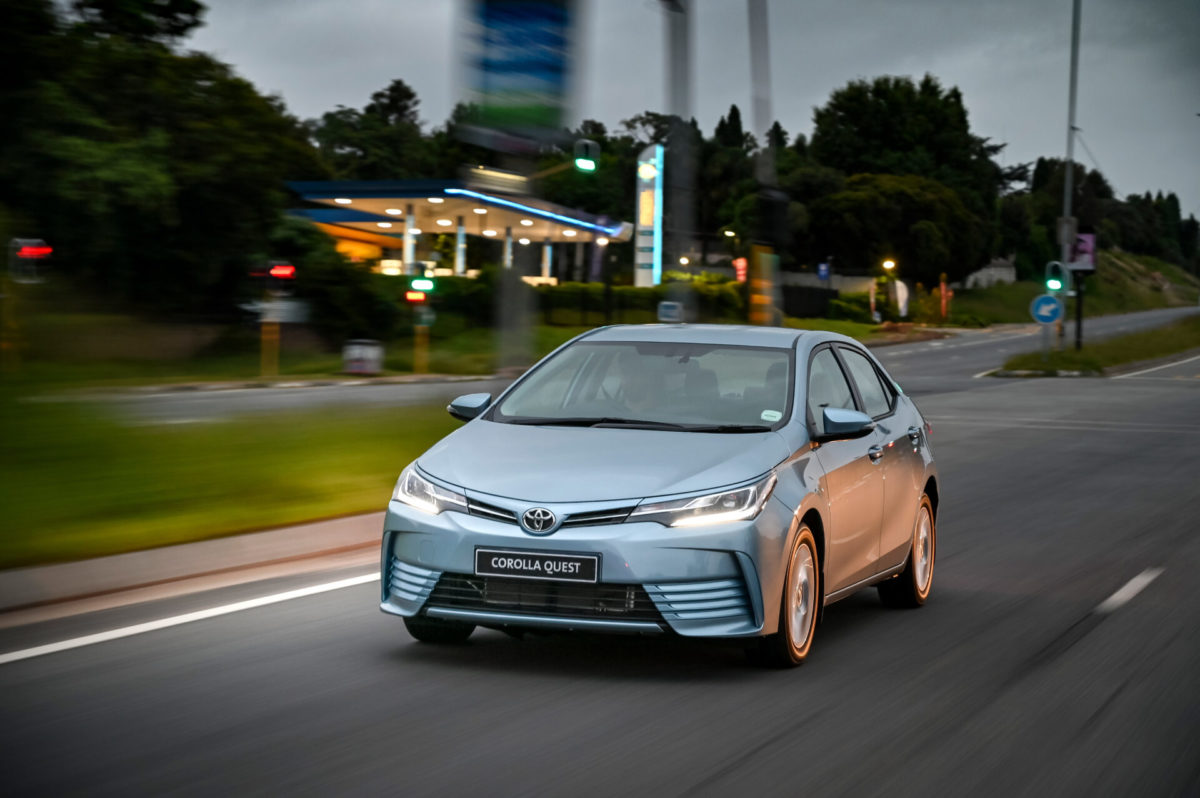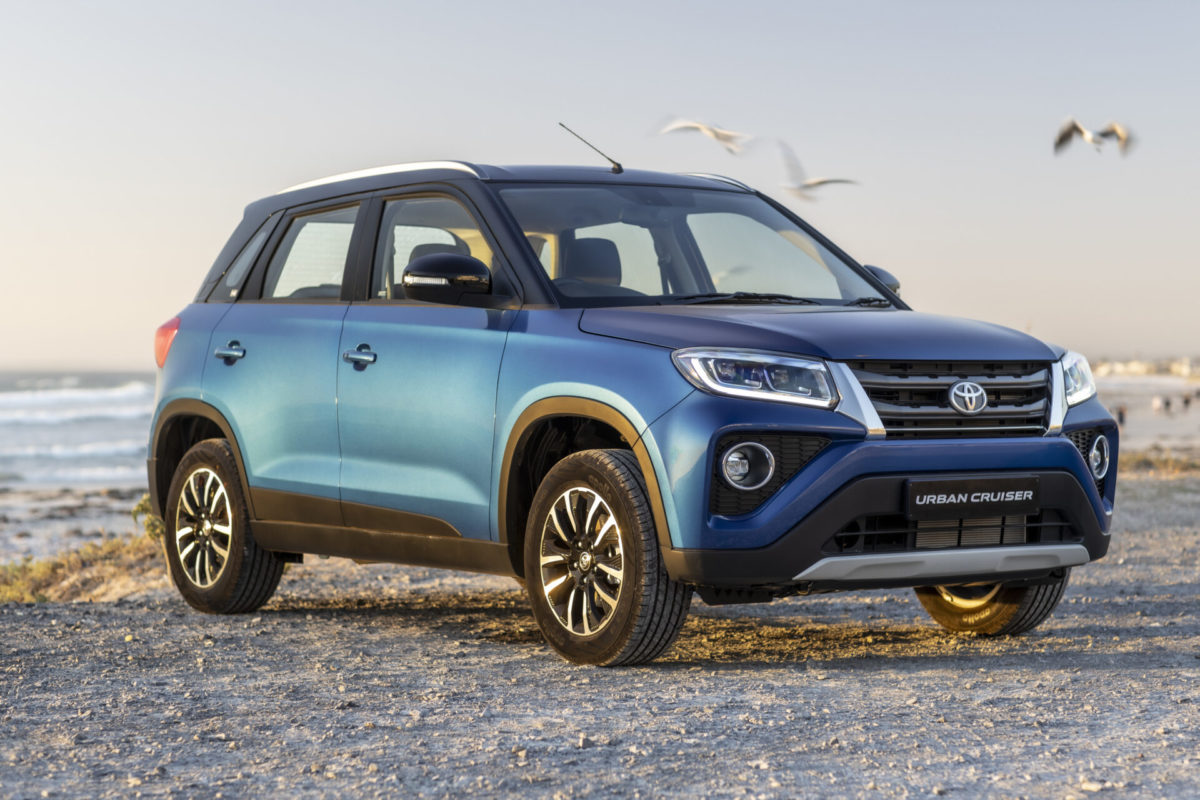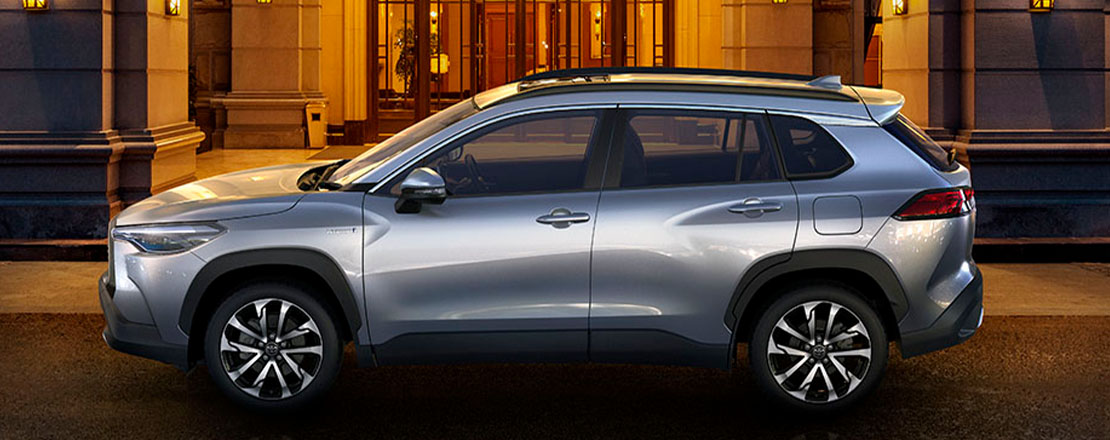Toyota Commits to Carbon Neutrality and Establishes Climate Change Fund
Toyota has led the way with more electrified vehicles on the road than any other automaker and continues to do so by supporting climate change through its support of the Paris Agreement.
The message is clear – Toyota Motor Corporation (TMC) wholeheartedly supports the Paris Agreement and accepts the challenge to achieve carbon neutrality by 2050. The Paris Agreement is a legally-binding international treaty on climate change and is aimed at reducing the emission of gases that contribute to global warming.
Carbon neutrality provides us with an opportunity to fundamentally rethink manufacturing
– Masamichi Okada, chief production officer, TOYOTA MOTOR CORPORATIOn
While this treaty was only adopted in 2015, Toyota has been innovating and investing in technology to reduce emissions and achieve carbon neutrality for well over 30 years. Toyota sells cars in 204 countries and regions around the world and has been making efforts to reduce CO2 emissions and drive clean-energy advances on many levels.
This is with the realisation that in order for the motor industry to reach carbon neutrality, it will entail achieving zero CO2 emissions in all processes throughout the product lifecycle including manufacturing, transporting, operating, fueling and/or charging, as well as recycling and ultimately disposing of vehicles.
TMC’s chief production officer Masamichi Okada said Toyota aims to make its global factories carbon neutral by 2035. “We are striving to achieve green factories.
Carbon neutrality provides us with an opportunity to fundamentally rethink manufacturing. Toyota will take on a variety of challenges to make its factories carbon neutral by 2035.”
Toyota has also led the way with more electrified vehicles on the road than any other automaker. It started in 1996 when Toyota developed and launched its first battery-electric vehicle RAV4-EV. This was followed by the now-iconic best-selling Prius, a petrol-electric hybrid, in 1997. The latter was the world’s first mass-produced hybrid electric vehicle. In 2014, Toyota launched its first emissions-free, fuel-cell electric vehicle, the Mirai.
Toyota is currently the world leader in hydrogen fuel-cell technology, and the Mirai which became the first mass-produced vehicle to use this technology won the World Green Car of the Year Award in 2016. The second-generation Mirai, launched in December last year, came with a boost in power as well as an increase in range – which is now up to 647km on a tank of hydrogen.
Toyota Establishes ‘Toyota Ventures Climate Fund’
Toyota is also strengthening company-wide efforts to further accelerate CO2 reduction toward its goal of carbon neutrality. As a part of this effort, Toyota has established a global investment trust called the Toyota Ventures Climate Fund.
According to the company’s media statement: “To achieve carbon neutrality, in addition to making our own efforts, we believe that we need to collaborate with like-minded partners.
The Toyota Ventures Climate Fund will invest in promising early-stage companies around the world, that are eagerly working on solutions to drive innovation in carbon neutrality.”
The Toyota Ventures Climate Fund will be managed by the team at Toyota AI Ventures, which subsequently announced that its company name has been changed to Toyota Ventures (hereinafter referred to as TV). TV will serve as the fund manager on behalf of Toyota, with a total investment of $150 million.
